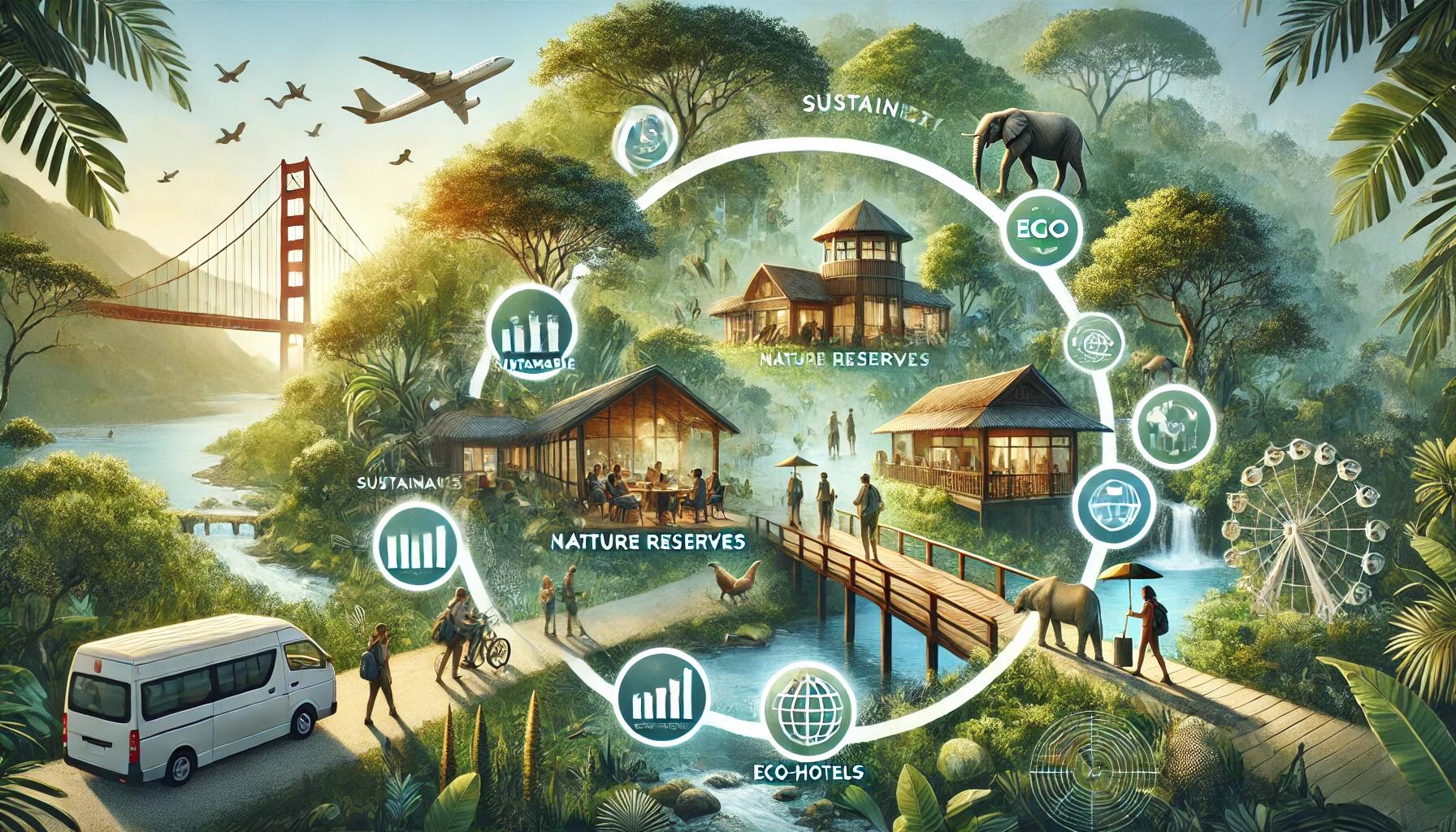Sustainable travel is no longer a niche market – it’s the future of tourism. As we enter 2025, travelers are increasingly aware of their environmental impact and are seeking destinations that promote conservation and eco-friendly experiences. Countries like Costa Rica, Iceland, and Bhutan are leading the charge, setting examples for responsible tourism by preserving their rich biodiversity and cultural heritage.
Eco-lodges, which blend luxury with environmental consciousness, are gaining immense popularity. Imagine waking up in a glass-domed suite in the middle of the Icelandic wilderness, where geothermal energy powers your stay and the Northern Lights dance overhead. In Costa Rica, guided jungle hikes not only introduce visitors to rare wildlife but also support local conservation initiatives. Bhutan’s policy of “high-value, low-impact” tourism continues to attract visitors looking for authentic experiences while preserving the country’s pristine environment.
Travelers are also embracing slow travel – immersing themselves deeply in fewer destinations rather than ticking off multiple places in one go. This mindful approach reduces carbon footprints while creating more meaningful connections with local communities. Popular experiences include exploring Japan’s countryside via eco-friendly rail networks, cycling through European vineyards, and volunteering for marine conservation projects in Southeast Asia.
Technology is enhancing eco-tourism experiences as well. Augmented reality (AR) wildlife tours allow travelers to interact with nature in non-intrusive ways, while AI travel assistants help plan low-impact itineraries. The future of travel isn’t just about the journey – it’s about leaving a positive footprint behind.

Leave a Reply